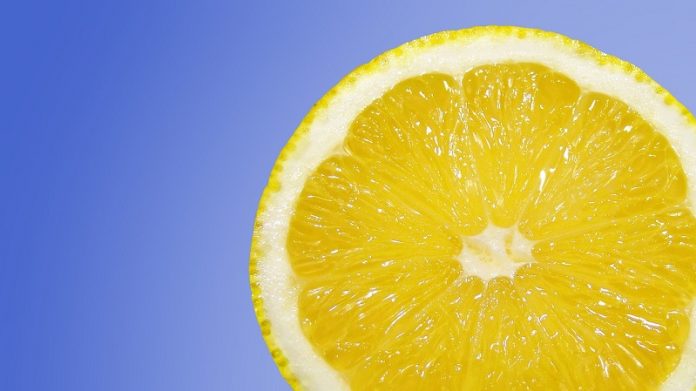
Scientists from Southern Medical University and elsewhere found that too little or too much vitamin E intake is linked to high blood pressure.
High blood pressure is a condition in which the force of the blood against the artery walls is too high.
According to CDC, nearly half of the adults in the United States (47%, or 116 million) have hypertension, defined as a systolic blood pressure greater than 130 mmHg or a diastolic blood pressure greater than 80 mmHg or are taking medication for hypertension.
The association between dietary vitamin E intake and the risk of hypertension remains unknown.
In the current study, researchers aimed to test the link between dietary vitamin E intake with high blood pressure in the general Chinese population.
They tested a total of 12,177 people without high blood pressure before the study from the China Health and Nutrition Survey. Their dietary intake was measured by dietary recalls.
The team examined new-onset high blood pressure, defined as a systolic blood pressure ≥140 mmHg and/or a diastolic blood pressure ≥90 mmHg, or the use of blood pressure treatment during follow-up.
During a follow-up of 6.1 years, 4269 people developed high blood pressure.
The team found overall, the association between dietary vitamin E intake and new-onset high blood pressure followed a reverse J-shaped curve.
Accordingly, people with the lowest and highest intake of vitamin E had much higher risks of new-onset high blood pressure compared with those with a medium intake.
The team further controlled the intake of vitamin A, riboflavin, niacin, vitamin C, zinc, copper, and selenium intake or the intake of vegetables, fruits, legumes, grains, nuts, and vegetable oils, and the result was the same.
Based on the findings, the team concludes that there was a reverse J-shaped association between dietary vitamin E intake and high blood pressure in general Chinese adults.
The research was published in Hypertension Research and conducted by Yanjun Zhang et al.
If you care about blood pressure, please read studies that black licorice could cause dangerously high blood pressure, and this common plant nutrient could help reduce high blood pressure.
For more information about blood pressure, please see recent studies about how coffee influences your risk of high blood pressure, and results showing this olive oil could reduce blood pressure in healthy people.
Copyright © 2023 Scientific Diet. All rights reserved.








